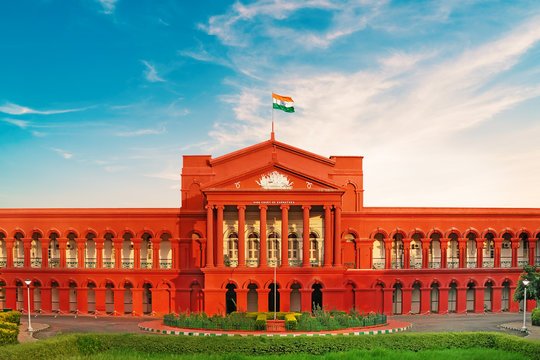The Karnataka High Court has ruled that participation of a non-Hindu in state-sponsored Dasara festivities doesn’t breach constitutional rights.
Case Background: The court dismissed petitions challenging the state government’s invitation to Booker Prize winner Banu Mushtaq, a Muslim author and social activist, as the chief guest for the Dasara festival inauguration.
Key Observations:
Participation of a person from one faith in another faith’s festival doesn’t offend constitutional rights.
The Dasara festivities are a state-sponsored public event, not a purely religious ceremony.
Inviting a non-Hindu dignitary doesn’t infringe on Articles 25 (freedom of conscience and free profession, practice, and propagation of religion) and 26 (freedom to manage religious affairs) of the Constitution.
Court’s Reasoning:
-The court noted that accomplished individuals from various fields, including scientists, educationists, and authors, have been invited to Dasara festivities in the past.
-The decision to invite Banu Mushtaq was made by a committee comprising elected representatives and government officials.
-The court emphasized that India’s secular ethos is reinforced by interfaith participation, promoting unity and inclusivity.
Implications:
-The ruling promotes interfaith harmony and inclusivity in cultural celebrations.
-It underscores the distinction between state-sponsored events and purely religious rituals.
-The judgment highlights the importance of respecting constitutional values and promoting national unity.
In conclusion, The Karnataka High Court’s ruling upholds the inclusion of non-Hindus in state-sponsored Dasara festivities, promoting secularism and inclusivity in cultural celebrations.

